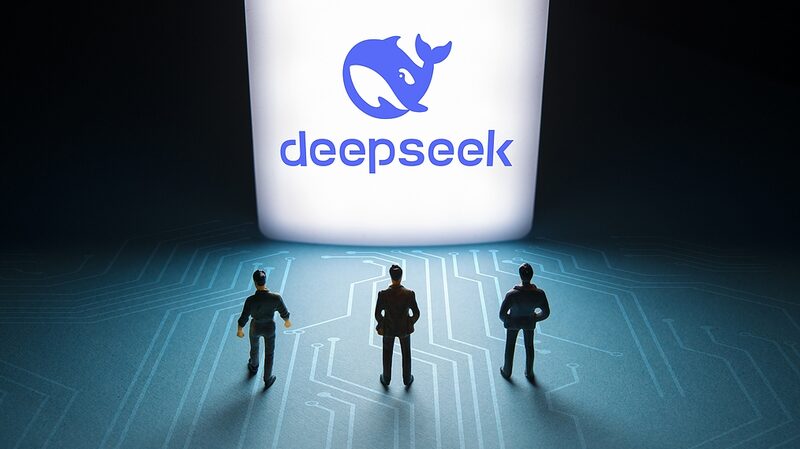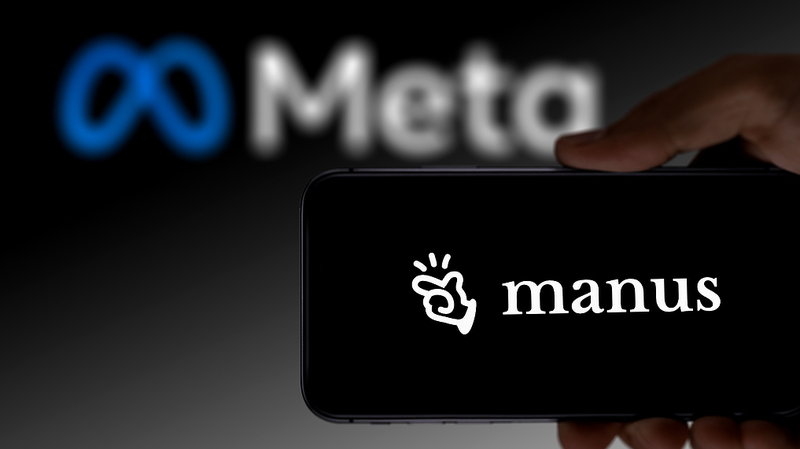Exciting news for language enthusiasts and tech lovers! 🗣️💡 Meta has developed a groundbreaking artificial intelligence model called NLLB-200 that can translate an impressive 200 different languages.
Traditional AI translation models rely on vast amounts of trained data, which is readily available for many widely spoken languages. However, some languages, known as low-resource languages, lack publicly accessible and affordable data. This is where Meta's innovative approach shines.
The team at Meta has created a cross-language technology that enables their AI to leverage existing translation capabilities for high-resource languages to support low-resource ones. This means that even languages with limited digital presence can now benefit from advanced translation tools. 🌍✨
Published recently in the prestigious journal Nature, the NLLB-200 model aims to bridge communication gaps by making the internet and educational materials more accessible to speakers of these underrepresented languages. This is a huge step forward in fostering global connectivity and inclusivity.
However, the researchers at Meta do caution that while NLLB-200 is a significant advancement, it isn't perfect. Mistranslations can still occur, so users should remain mindful of potential inaccuracies. But overall, this technology holds great promise for empowering millions of people worldwide.
Reference(s):
cgtn.com





